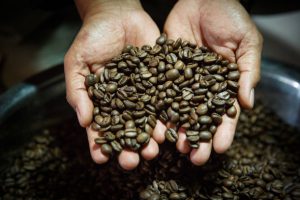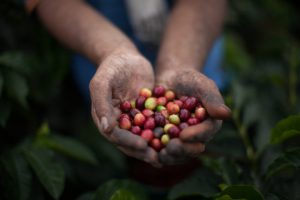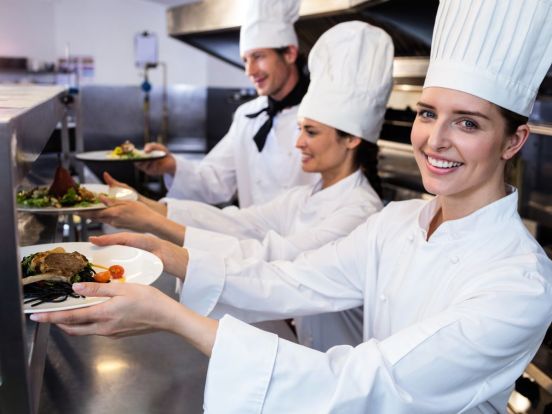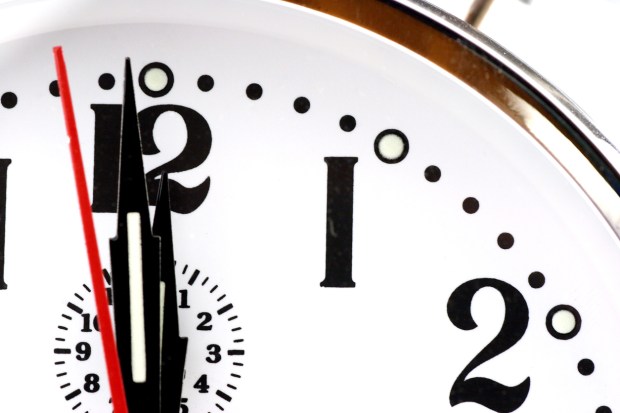 Whether it’s your morning get-up-and-go or your afternoon pick-me-up, we can all agree coffee is worth celebrating, but what would happen if it was no longer available.
Whether it’s your morning get-up-and-go or your afternoon pick-me-up, we can all agree coffee is worth celebrating, but what would happen if it was no longer available.
New research, released in New Zealand, on International Coffee Day suggests this may be the bleak future for coffee drinkers around the world.
According to the new independent report commissioned by Fairtrade Australia & New Zealand, areas suitable for coffee production could halve within decades, with wild coffee, an important genetic resource for famers in developing countries, facing potential extinction by 2080.
“Over 2.25 billion cups of coffee are consumed around the world every day, with just over 50 per cent of Kiwis going out of their way for a cup of coffee and 56 per cent expressing concern about how their coffee is produced,” says John Connor, CEO of The Climate Institute. “Yet coffee is just one of a multitude of things increasingly subject to negative climate impacts, and its negative flow-on effects.”
Heightened temperatures and rainfall are just some of the big issues coffee farmers, mostly living in developing countries, are having to face. These climatic changes are causing increases in the incidence of disease and pests affecting coffee yields and quality. With many smallholders forced to push production upslope, away from the equator and into conflict with other land uses, such as nature conservation and forestry.
Coffee producers in Papua New Guinea, in particular, have been hit hard by periods of extreme rainfall followed by long droughts causing erratic patterns in coffee production, its biggest agricultural export.
In already hot countries, more warming will also increase burdens on the physical and mental health of producers, labourers and communities – with clear productivity consequences.
Recognising the impact of climate change, Fairtrade Australia & New Zealand is working with commercial partners and coffee farmers on climate focused projects. These projects seek to prevent more greenhouse gases from being produced and provide technical and financial support for climate change adaptation and mitigation.
“Coffee supports the livelihoods of 125 million people around the world, including some of the most marginalised and poor people in developing countries,” says Fairtrade Australia & New Zealand CEO Molly Harriss Olson.

“Fairtrade is working with small scale farmers to improve agricultural best practices, educating them on preventative measures such as buffer zone to prevent erosion, and the use of mulch or plant shade trees to prevent excessive moisture stress that is known to affect coffee production,” says Harriss Olson.
“While the consequences of climate change are challenging, there are things we coffee drinkers can do to assist,” says Connor. “The first step is to learn about these issues and the steps being taken by Fairtrade and others; the second is to take real action by choosing to buy only the brands that are carbon or climate neutral, provide a fair return to farmers and their communities while helping to build their capacity to adapt to climate change; third is to demand climate action from the coffee companies and our governments to ensure all products, business models and economies are carbon or climate neutral.”








